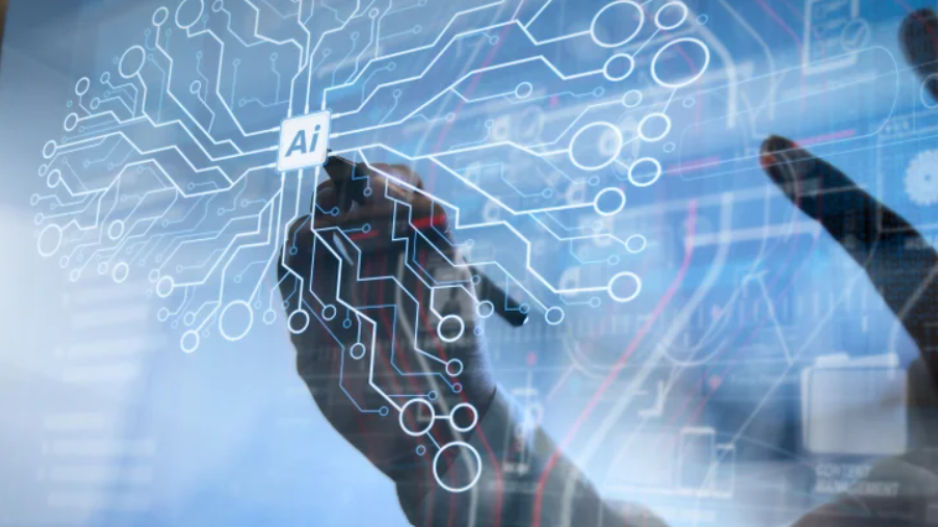Generative AI to Boost Global GDP by 7% in a Decade
OECD Report Highlights Economic Impact and Investment Trends
Generative AI is projected to increase global GDP by 7% within a decade, according to the latest Digital Economy Outlook report by the OECD.
Some studies estimate that the global AI market—which includes hardware, software, and services—will grow at an average annual rate of 18.6% from 2022 to 2026, reaching $900 billion by then. Other forecasts suggest it could exceed $1.5 trillion by 2030.
Global venture capital investments in AI startups more than tripled from 2015 to 2023, rising from $31 billion to nearly $98 billion, peaking at $213 billion in 2021—a 2.3-fold increase from 2020. Most of these funds were directed toward AI enterprises in the United States and China.
Following the overall trend in the venture capital market, total investments in AI companies dropped by over 50% from 2021 to 2023 (from $213 billion to $98 billion). This decline was due to investors' general caution amid rising interest rates and inflationary pressures.
However, generative AI bucked this trend, with VC investments in the sector jumping from $1.3 billion in 2022 to $17.8 billion last year, increasing its share of total AI investments from just 1% to 18.2%. A significant contributor to this surge was Microsoft's $10 billion investment in OpenAI.

Many focus on the risks associated with AI, but it is certain to bring substantial benefits to economies and societies. Increased productivity, the promotion of innovation and entrepreneurship, and addressing global issues like the climate crisis are among the key future benefits. This was highlighted by G7 countries through the "Hiroshima Process" on generative AI initiated last year. The G7 nations also agreed that AI could resolve pressing social problems, such as improving healthcare and achieving the UN's sustainable development goals.
On the other hand, one of the risks of AI is its potential to significantly transform the labor market. According to an IMF report on the European economy, unlike previous waves of automation that mainly affected low-skilled workers, AI could impact employees with higher skill levels. While AI is expected to boost productivity and increase incomes for some workers, it also poses a risk of devaluing and reducing incomes for others.
Recent IMF research indicates that approximately 60% of jobs in the EU are potentially exposed to AI. The positive news is that more than half of these exposed workers are likely to see increased productivity and incomes due to AI. However, for the other half, whose jobs will become more automated, widespread adoption of AI technologies could lead to job losses and limited income prospects, exacerbating existing income and productivity inequalities within and between countries and delaying income convergence.
"The extent to which EU countries and those beyond can leverage AI to benefit everyone depends on how well-prepared they are to facilitate the universal acceptance of AI-based technologies while mitigating the associated risks," the IMF notes.






